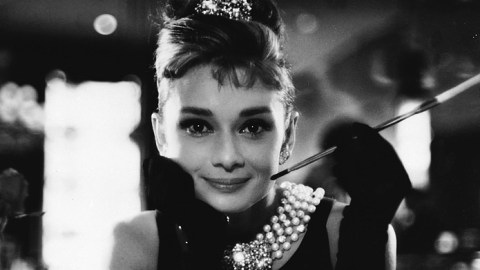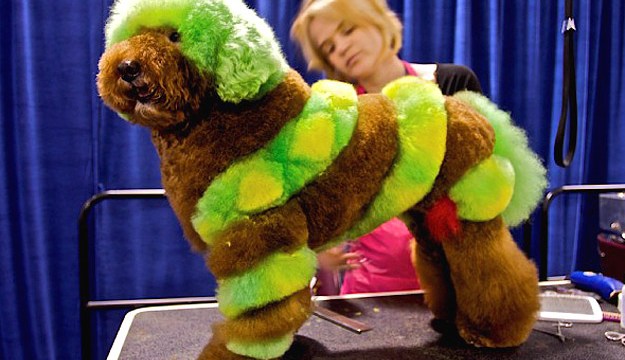Why Holly Golightly Now?

Audrey Hepburn’s Holly Golightly has served as a style icon for decades, but the subtle complexities of Truman Capote’s heroine are less discussed. Today’s Times review of Sam Wasson’s new book, 5th Avenue, 5A.M.: Audrey Hepburn, Breakfast at Tiffany’s, and the Dawn of the Modern Woman recalls attention to the fact that Capote’s heroine was more than a well-cut black dress and a long cigarette holder. She was, in her way, a revolutionary. She was openly sexual at a time when this was rare. Unlike the attendant iconography—the glasses, the hair, the pearl choker—she was neither a cliché nor an “aspirational” ideal.
The romance of Breakfast at Tiffany’s—like that of the Mad Men days wet with drinks, cigarettes and tailored trousers—is what most people remember when they think of the film. But the tragic story underneath Holly’s rise is emblematic of something different: people who arrive in New York without knowing who they are, people who want things they will never have. Her story is a story of a failure to rise past a certain place, and of a still-certain commercialism that underlies too many transactions otherwise known as Love. One has the sense that Holly was for sale.
Golightly is not even her real name, and in that way “Holly” represents much of what we still love and hate about this city—or, perhaps, about America: its role is not to tell us who we are. This is something each one of us must divine for ourselves, via the creation of habits and rituals. In Manhattan, this might mean eating croissants on Fifth Avenue, by Tiffany’s. Or dressing for dinner. Or forming meaningless flirtations with neighbors.
Among other things, Fifth Avenue, 5A.M. tells the story of how Marilyn Monroe was offered the Golightly role. She declined; her acting teacher felt it was too crass. Hepburn brought a coy innocence to a girl/woman who was anything but: she was phony. Her looks and her charms made those things seem less relevant, but they would only get her so far. Norman Mailer, after reading the novella, said Capote was “the most perfect writer of my generation.”
Is Holly worth considering now, against a backdrop of foreign wars and oil spills?
The book, published in 1958 gets less presence on current curriculums but it is a crucial story of an American time and place. The sixties had not yet begun, but the fifties were over forever. Holly’s elegant avarice illustrates an aspect of this shift: the sadness of letting go of a (perhaps never present in the first place) great romance.





